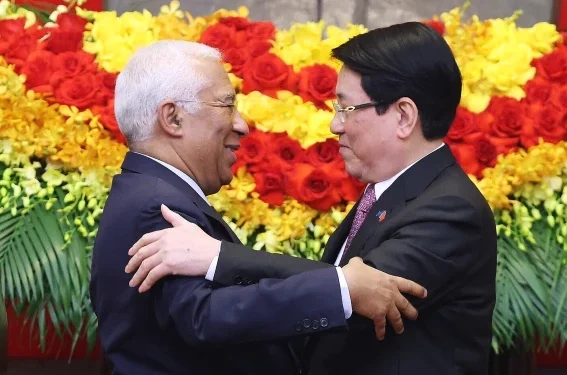Prof. Kwaku Azar Asare, a Democracy and Development Fellow at CDD-Ghana has urged political leaders to adopt a culture of resignation as a cornerstone of democratic accountability.
He noted that in many established democracies, political leaders take responsibility for significant electoral defeats by resigning from their positions.
This act, Prof. Asare indicated, serves as a gesture of accountability, credibility, and respect for the electorate’s will, while also creating space for party renewal and fresh leadership.
He emphasized that resignation in such circumstances is not merely symbolic but an essential step toward rebuilding public trust and reinvigorating political organizations.
“Accountability: It demonstrates that leaders are willing to take responsibility for their party’s performance, reinforcing the principle that those at the helm are answerable for outcomes.
“Renewal: Stepping down allows for fresh leadership, which can bring new ideas and strategies, revitalizing the party and increasing its appeal to the electorate”.
Prof. Kwaku Azar Asare
Prof. Asare further emphasized that embracing resignation after electoral defeat is crucial for fostering public trust and internal party stability.
He explained that acknowledging defeat and stepping aside for new leadership demonstrates a commitment to democratic principles and responsiveness to voter sentiment.

According to him, this reassures the public that the party prioritizes accountability and renewal, thereby enhancing confidence in its dedication to serving the electorate.
Prof. Asare also highlighted the importance of internal stability, noting that a voluntary resignation can mitigate potential internal conflicts and power struggles after both presidential and parliamentary elections.
He pointed out that by willingly making way for a successor, leaders help foster a more cohesive and united party structure, ensuring the organization remains focused on its goals and well-positioned for future challenges.
Prof. Asare asserted that prompt resignation following electoral defeat is a cornerstone of mature and functional democracies.
He explained that such an act paves the way for political renewal by allowing fresh leadership and ideas to emerge.
He noted that this practice upholds the integrity of the democratic process, demonstrating respect for the electorate’s will and reinforcing the principle that leadership is a privilege contingent upon public trust.
According to him, leaders set a positive precedent, ensuring the party remains dynamic and adaptable in responding to future challenges by stepping aside gracefully.
Prof. Asare Questions Rarity of Resignations After Electoral Defeats
Prof. Kwaku Azar Asare further questioned why resignations following electoral defeats are so rare in Ghana.
He suggested that stepping down might be viewed as a sign of weakness or failure, making leaders hesitant to take such actions.
He observed that holding office often provides access to substantial economic benefits and resources, which may be difficult to give up.
Additionally, the power and influence associated with holding office, including opportunities for patronage, can make the prospect of relinquishing a position less appealing.

Stepping down, Prof. Asare noted, would mean forfeiting these privileges and advantages.
“Perhaps, some leaders may believe that there are no suitable candidates to take over their roles, leading them to remain in position to ensure continuity and stability. 
“Perhaps, Umuofia just pays lip service to accountability, leading to the absurd declarations that “we take responsibility” while clinging to power”.
Prof. Kwaku Azar Asare
He suggested that leaders may not view themselves as accountable for electoral defeats, often attributing the losses to external factors.
He stated that these may include claims of electoral fraud, media bias, the absence of millions of supporters at the polls, spiritual influences, or other forces perceived to be beyond their control. “Addressing these issues requires a cultural shift towards valuing accountability and renewal in political leadership”.
Prof. Asare emphasized that if political leaders continue to hold onto power instead of resigning voluntarily, Ghanaians must foster a culture of involuntary resignation—essentially, compelling them to step aside.
He argued that encouraging leaders to relinquish their positions after electoral defeats would bolster internal party democracy, “enhance public trust, and strengthen Ghana’s democratic institutions”.
READ ALSO: Trump Threatens To Demand Control Of Panama Canal























